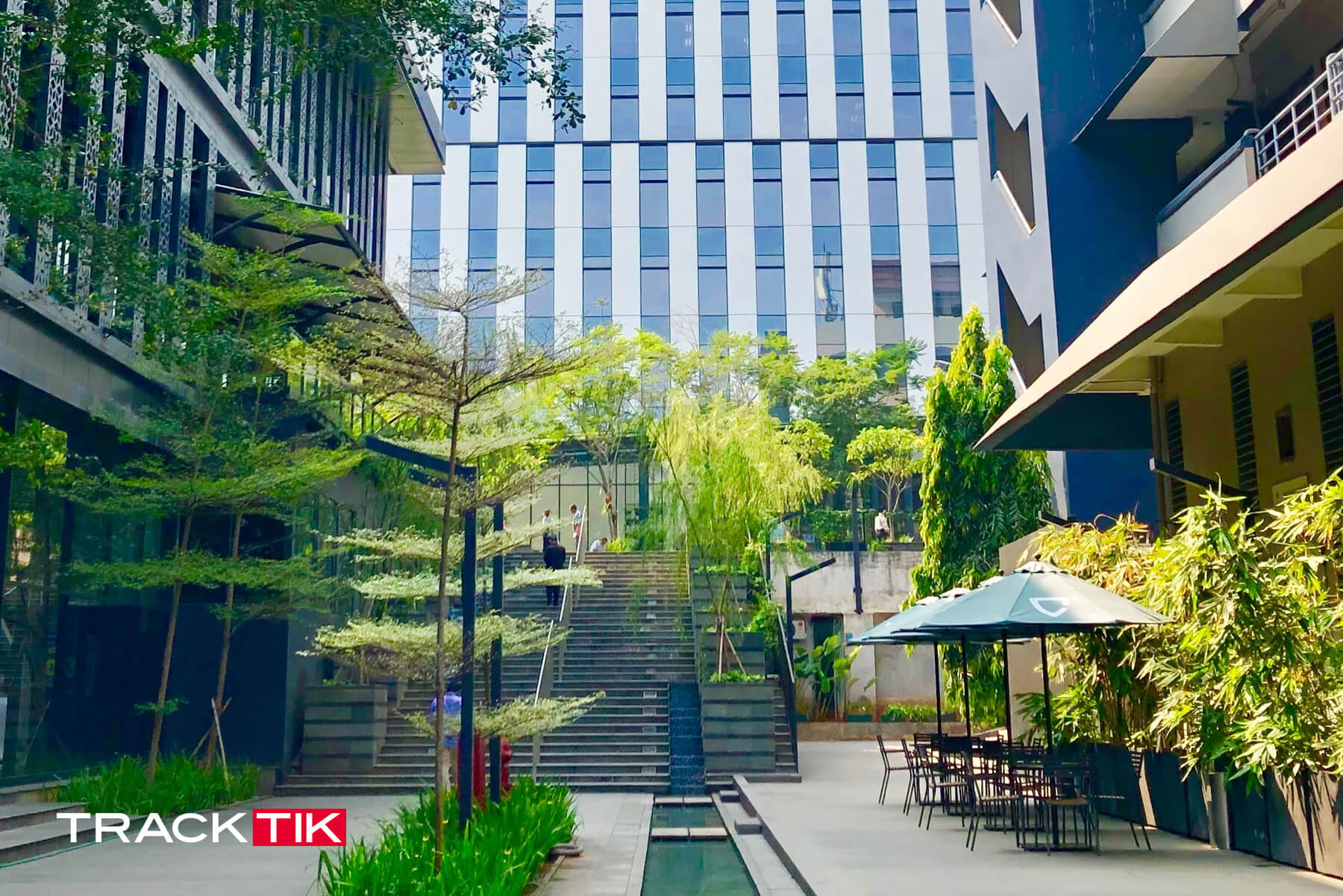Managing commercial properties can be rewarding if you have the right processes and systems in place. A lot of variables need to be considered when handling regular duties like security, scheduling and assigning work orders, maintenance and safety, repair, and of course, income and payments. In fact, security and safety are of utmost importance, and along with regular maintenance, determine the longevity and marketability of your real estate.
Added to these primary duties, there is a whole other world of lease administration and business development that can be quite overwhelming if you do not get the basics right.
And before we dive into the main pointers for successfully managing commercial properties, it is important to note that residential approaches do not apply to commercial properties. If you are attempting to apply past winning strategies in residential management to commercial, we’d say stop, and rethink your approach.The main difference comes down to the fact that while having a roof over your head is a bare necessity of life, there is no great necessity for people to occupy commercial spaces. It’s a choice they make. The good news though is that you can re-engineer the way you manage and safeguard your properties so that clients choose you.
- Have a lens on everything happening on the field: There are a lot of everyday deliverables in commercial real-estate management that need to be tracked — have your security officers been assigned the right work orders? are they at the assigned properties? are the safety inspections in progress? how many parts/equipment are needed or being used? what needs to be fixed or replaced? — questions that can only be answered systematically if you have a steady lens on everything happening on the ground. Achieving this manually can be complex, time-consuming, and erroneous.The biggest pain point in property management is making sure work actually gets done. A good way to ensure this is through technology. A suitable cloud-based security workforce management software for your properties that can track and monitor all security operations will help.
- Know your properties well: It is important for property managers to have a good visual of the spaces they are managing. Knowing where the entrances and exits to a building or business unit are; knowing where the fire safety equipment on every floor, corner, and nook of a building is; etc. will help you create a good job execution plan. Your properties are your workspace. Having a thorough visual of all work areas and spaces inhabited by people will help you create an efficient security and guarding program for your properties.
- Make ‘safety-first’ a business mantra: While there are many factors that determine longevity of your business, one of the things that clients will consider when renewing their contracts with you is safety, and the security services you are providing to keep properties safe. Always keep upgrading with the latest safety measures, fixtures, and renovations to ensure your properties stand the test of time and gain value-addition with every passing year.Talking about security officers, companies are routinely faced with high turnover rates and the challenges of managing a mobile security workforce. Again, a good security workforce management software will help you attract and retain the right officers.
- Have a blueprint for your workforce management: Managing security officers and other on-field staff can be very daunting if you’re relying on a manual process. Along with the usual building plans, make it a point to have a blueprint of all worker movements at your properties. Employ a good cloud-hosted workforce management software to communicate with your mobile workers and track their movements in real-time. By demarcating the areas where your workers are permitted or restricted from entering using geofencing, you will create a system of best practices for workforce management where you know exactly who is on your property. This will improve safety and reduce the chaos that comes with managing a mobile workforce.
- Always leave that extra room for repurposing your assets: If you want to be in the business long-term, you need to make room for converting properties for diverse use cases. There will always be new complexes with attractive features that outshine older buildings. Overtime, businesses may move to a newer location due to a changing financial landscape or the emergence of new business centers. You must be prepared to convert your properties to suit other types of commercial engagements and attract new businesses to your locality. Ensure you leave enough room in your rental plans, amenities, and accommodation to engage new businesses in order to not become redundant or obsolete.
- Prepare your properties for future inflation and costs: To ensure your properties never lose value in a highly fluctuating market and for continued income from your properties, provide something other than just rental accommodation. Your clients need to focus more on their core business than worry about the amenities at their office, or lack thereof. One way to keep clients long-term is by offering value-added or complementary services that will make their usage and occupation of your properties enjoyable.
Things like:- Smart parking facilitates the overall parking management for a building. This solution is very effective in identifying parking infractions, and will make a guard or parking lot attendant’s life easier. Moreso, it will reduce the number of calls and facetime with your property manager related to parking issues.
- Concierge services.
- An upgrade to existing utilities and IT services- things like free wifi, common printing facilities in a building, or even a facility for your clients to re-charge their electric cars.
Modernizing facilities at your property will ensure its long term usage and value.
- Visitor management for better security: You need to know exactly who is entering or leaving your properties to ensure it is not being misused or robbed. Employing a good visitor management solution like Traction Guest with the right access controls as part of a full suite of security solutions will help you monitor, manage, and control trespassers or unwanted personnel on your site. Visitor management systems can also help in case there is an emergency in the building, where these systems provide specifics as to who is in the building in case evacuation protocols are to be followed.
- Asset tracking: Asset protection is especially critical in commercial real estate. Make sure all the equipment your security officers are using are in good condition and available at all times. Opt for a robust asset tracking solution as part of an all-in-one guard management software to help you keep an eye on all assets at your property, report missing or damaged tools immediately, and avoid costs of asset mismanagement.
- Do not rely on part-time staff for your core administrative functions: Have dedicated personnel for the maintenance of your property. Usually part-time admin have a mix of responsibilities and tasks that they need to complete in a given day — and cannot guarantee full dedication to one job. It becomes difficult to make sure work is actually done when you have part-time staff at your property. It’s also quite difficult to scale if your core staff is not dedicated to the daily upkeep and maintenance of your property. Avoid this by employing full-time employees (FTEs) for your core administrative jobs. Again, technology is an enabler; a good workforce management software comes in handy when you need to prioritize budgets for FTEs and cannot afford to hire any more field employees than is absolutely needed. Another good alternative would be to employ digital workers like the ones by Badger Technologies for say, ‘tough to cover’ overnight security shifts for better operational productivity.
- Do not apply residential insights to commercial: we reiterate in this last point that what you accomplished for residential may not necessarily work for commercial property management. The service offering in commercial is vastly different from residential, and so are the workflows and approaches needed to manage commercial assets.
A good cloud-based security workforce management software removes many of the complexities and bottlenecks that come in the way of successfully managing commercial properties.
Contact us today for a demo.



